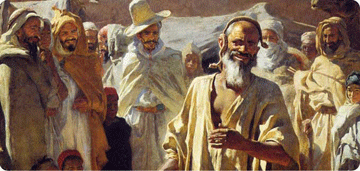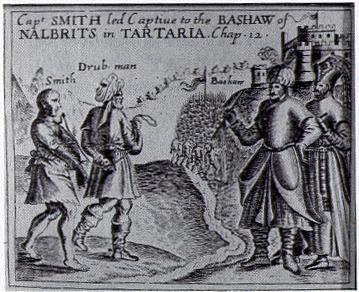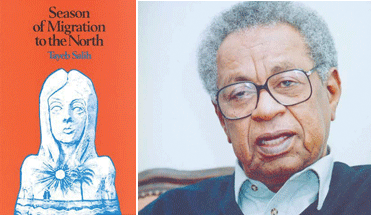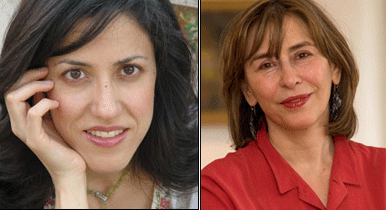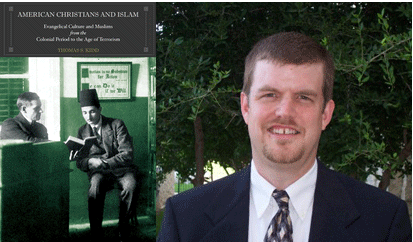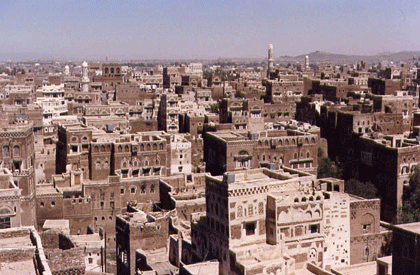
The Walled City of Sanaa
by Ronald Lewcock
[Note: This is an excerpt from Ronald Lewcock;s 1986 UNESCO book. The book is available online in its entirety in pdf format at http://www.worditude.com/ebooks/unescopdf/sana_eng.pdf.]
Viewing the old walled city of San‘a for the first time creates an unforgettable impression. And this vision of a childhood dream world of fantasy castles is not dispelled even on closer acquaintance. In the farmlands outside the city, on either side of the roads leading to it, buildings of all shapes – circular, rectangular, square – rise out of the flat highland plain to seemingly impossible heights constructed of apparently weak materials. Not merely does the stonework of the lower levels consist of rough rubble with loose mortar, but for most of their height the buildings are made of mud – layered mud, mud bricks of all sizes – and of mud-straw plaster, infinitely eroded by the monsoon rains until deep indentations mark the channels down which the autumnal torrents find their passage to the earth. Continue reading The Walled City of Sanaa
